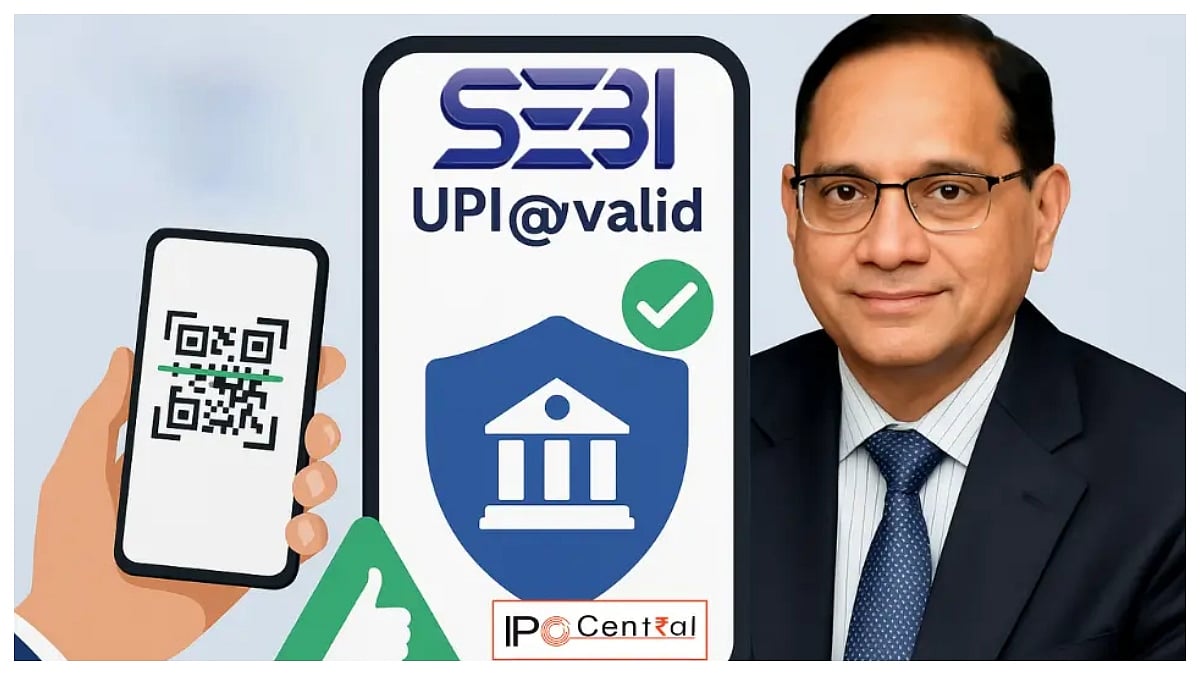Last year, the global crypto market seemed to be falling like a house of cards with terra and FTX crashes among others, wiping off more than $2 trillion of investors' money. The fluctuations and scams that emerge in the aftermath, have raised concerns globally, while in India the Enforcement Directorate is already probing 10 exchanges for money laundering. Now agencies will have additional power to tighten the screws on exchanges, with cryptocurrencies brought under the ambit of anti-money laundering laws.
Clearing the air about virtual assets
In its announcement, more than a year after taxation on crypto was introduced, the Finance Ministry put transactions related to virtual assets under the Prevention of Money Laundering Act. The notification covers the exchange of virtual assets, transactions involving virtual assets and fiat currencies such as the Rupee, storage of virtual assets and financial services related to them. The Income Tax Department defines all codes, numbers and tokens generated on blockchain via cryptography, as virtual assets, which means NFTs and cryptocurrencies are included.
Although a 1 per cent tax on crypto transactions and a 30 per cent tax on gains from trading had been imposed last year, the Finance Ministry didn't create a framework to regulate them. The ED is currently investigating top names such as WaxirX and CoinSwitch for money laundering.
How launderers use cryptocurrencies
Since cryptocurrencies are unregulated, launderers are able to bypass centralised mechanisms to track cross-border transactions. They also exploit cross-chain trading, which enables transactions between multiple blockchains, to evade regulation. With the new regulation, exchanges in India will need to report suspicious Virtual Digital Assets (VDAs), which agencies such as the ED can monitor.
What does this mean for exchanges?
Although this is good news for exchanges as it brings in some form of regulation without uncertainty since last year, the absence of a regular is a concern. Since there is no body such as the Reserve Bank of India for crypto exchanges, they will directly have to deal with ED and other investigative agencies.
Finance Minister Nirmala Sitharaman has said that any regulation on crypto will require global collaboration, RBI has been calling for a ban. The new law will also address concerns about the use of crypto for terror funding, which were expressed by Home Minister Amit Shah.




.jpg)








